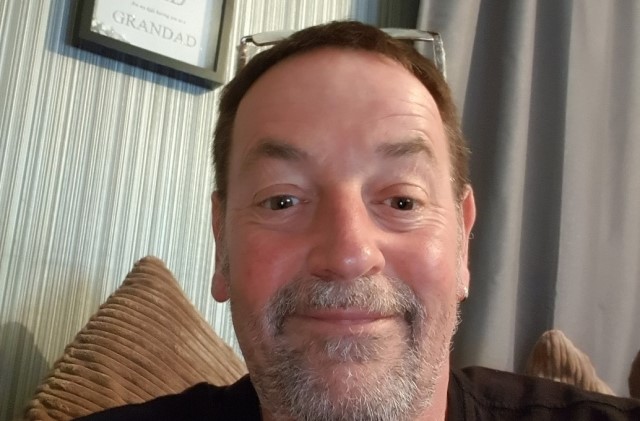

Researchers in Edinburgh have resumed a new clinical trial which they hope could lead to treatments to prevent some cases of dementia after a stroke.

The LACI-2 trial, which is led by the University of Edinburgh, was paused because of the coronavirus pandemic but is investigating if cheap, existing drugs currently used to treat other heart and circulatory diseases could help patients who have a lacunar stroke.
A lacunar stroke is caused by damage to one of the smaller vessels deep within the brain that affects the flow of blood and can lead to long-term disability, causing difficulty with thinking, memory, walking and ultimately dementia. They affect around 35,000 people in the UK each year and research suggests they may be the underlying cause of nearly half of all dementias. There is currently no proven treatment for lacunar stroke and existing treatments for stroke, like aspirin, may even be harmful.
New treatments urgently needed
Professor Joanna Wardlaw from the University of Edinburgh is leading the trial funded by us, which is expected to take around 5 years to complete and involves teams from a number of universities and hospitals in the UK. They believe two drugs - cilostazol and isosorbide mononitrate - used to treat other diseases of the heart and circulatory system may help patients who have had a lacunar stroke. Cilostazol is currently used to treat people with peripheral arterial disease and isosorbide mononitrate is used to treat conditions such as angina.
Those taking part in the trial will be treated with either cilostazol, isosorbide mononitrate, or both, with MRI scans carried out to see what effects the drugs have on the small blood vessels within the brain.
Professor Wardlaw explains: “There is mounting evidence that stroke could be responsible for significant numbers of people developing dementia. We believe these drugs may help reduce the damage to arteries in the brain caused by this type of stroke. If successful, we hope our research could lead to a larger trial to find new effective ways to treat lacunar strokes and potentially prevent some cases of dementia, providing a lifeline for the thousands of people living with these debilitating diseases.”

"It’s only through research that we will learn more."
Ian Reynolds from Edinburgh is one of more than 200 people taking part in the trial. He had a lacunar stroke in July.
Ian said: “Thankfully on the day it happened, I was at home working because of the coronavirus restrictions. I felt a tingle down my left arm and then a numbness spreading up my left side and then right up to my face. I had never experienced anything like it before. To be honest, I didn’t even register what was going on. When the doctors told me I had had a stroke, I thought ‘Me? No way’. It was worse for my wife and my family. My wife was petrified that she was going to lose me.”
Ian is now recovering but says he still has a numbness in his left-hand side and a weakness in his arm and continues to suffer from fatigue.
Ian continues: “I’m determined that this will not stop me living my life. My brother-in-law had a stroke when he was 54 and he has lost his speech and mobility as a result. My experience has been very different, thankfully and I realise just how lucky I have been.
“When they asked me if I wanted to take part in the trial, I didn’t hesitate. It’s only through research that we will learn more and if taking part in this helps other people, then that’s the most important thing.”
We are currently funding £24 million of research into strokes and dementia.
Dr Sonya Babu-Narayan, our Associate Medical Director, said: “There is no cure for vascular dementia and we must support more research to find one. There are currently just a handful of projects being carried out across the world into this devastating disease. The LACI-2 trial is one of them and that’s why it is so important. It is a vital step forward towards not only treating symptoms, but finding new ways of preventing vascular dementia from developing in the first place. Clinical trials, however, are only made possible with the help of patients like Ian who volunteer to take part and we are truly indebted to them. Their support will help increase our knowledge and understanding and hopefully pave the way for the breakthroughs of the future.”
Find out more about our research


